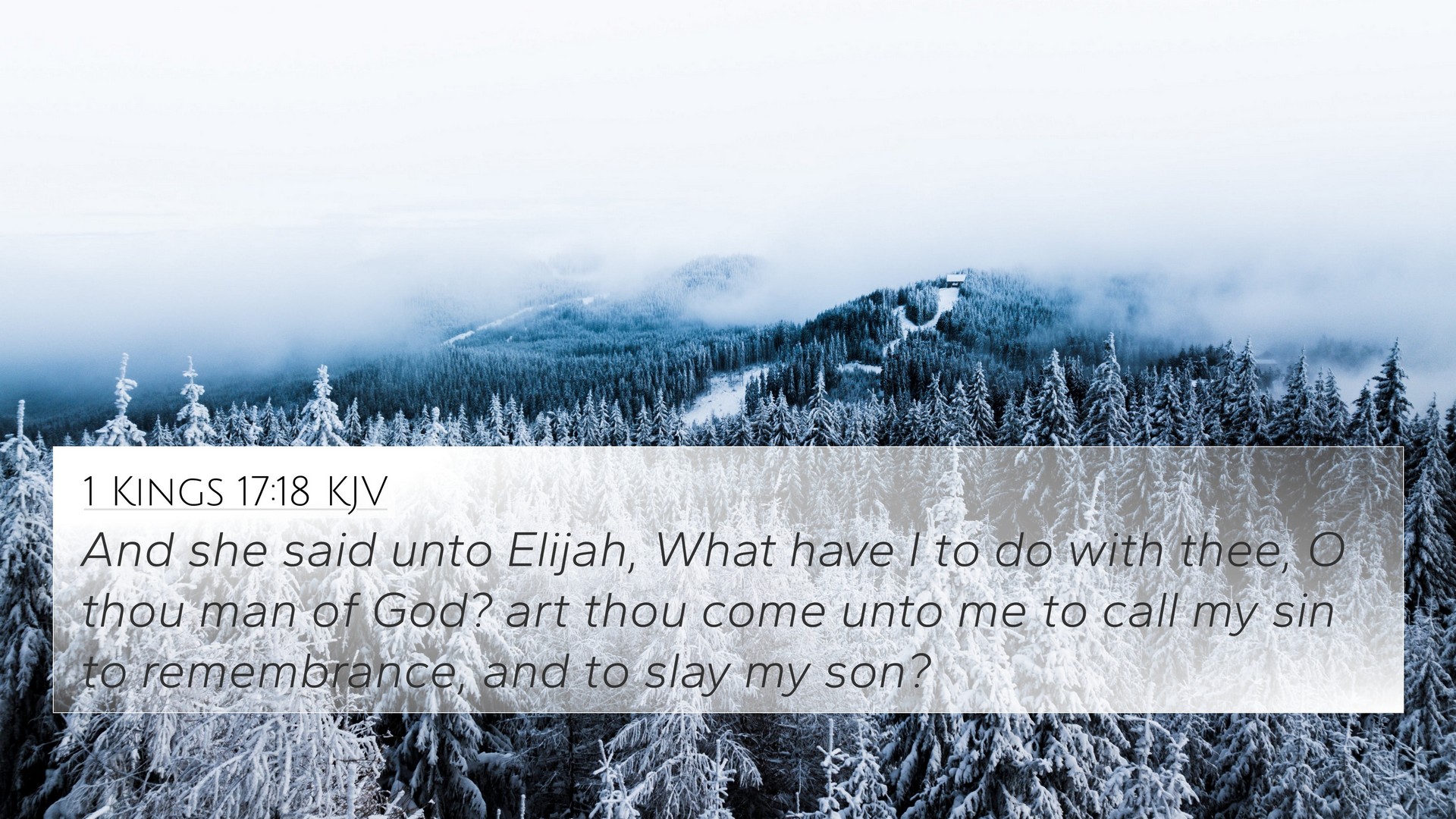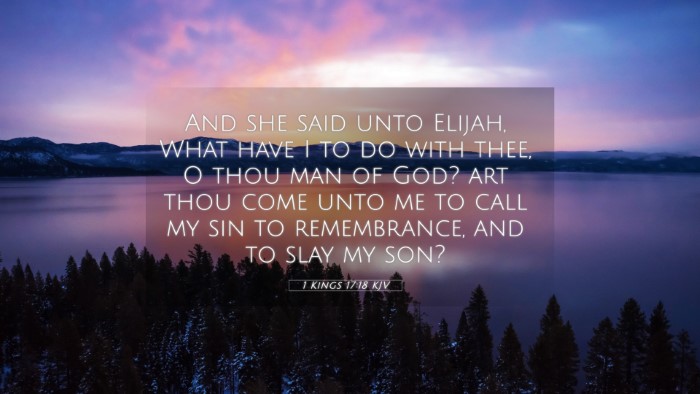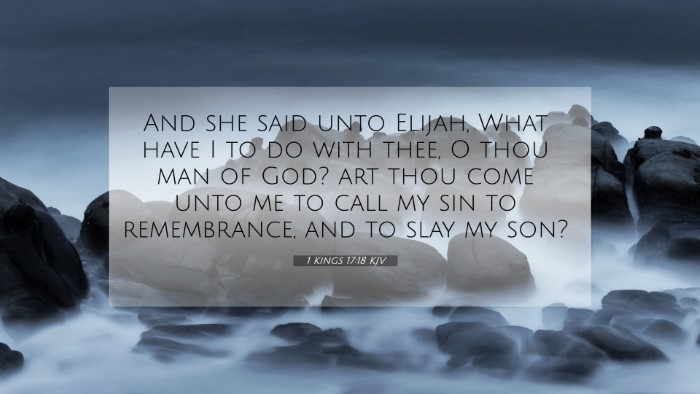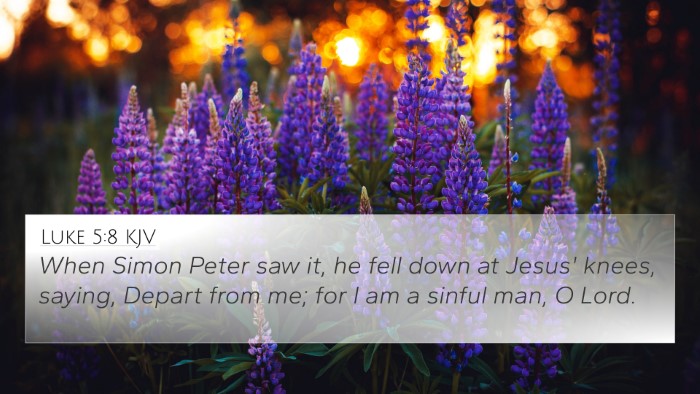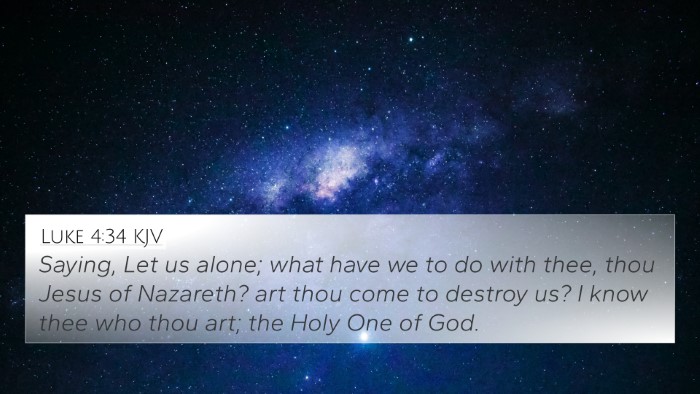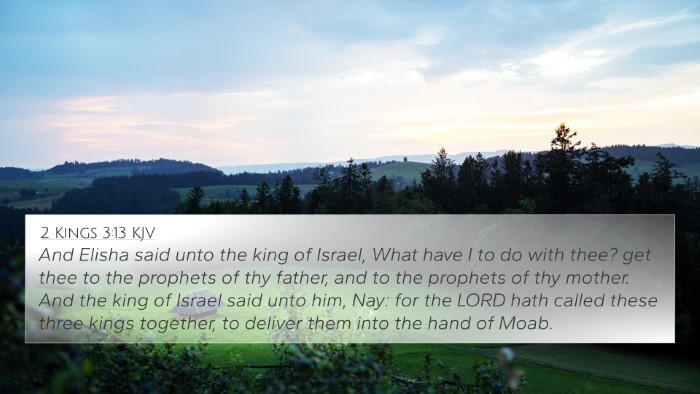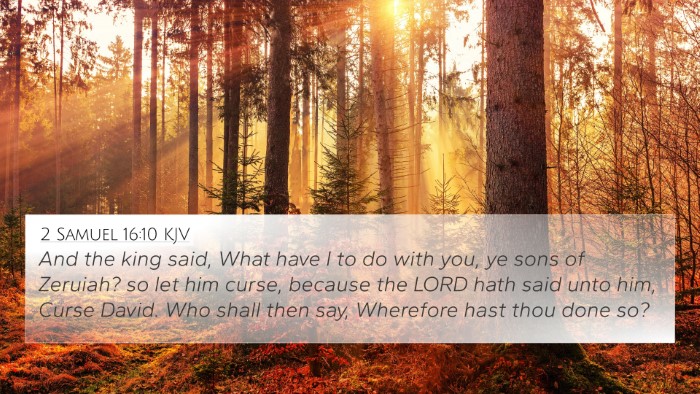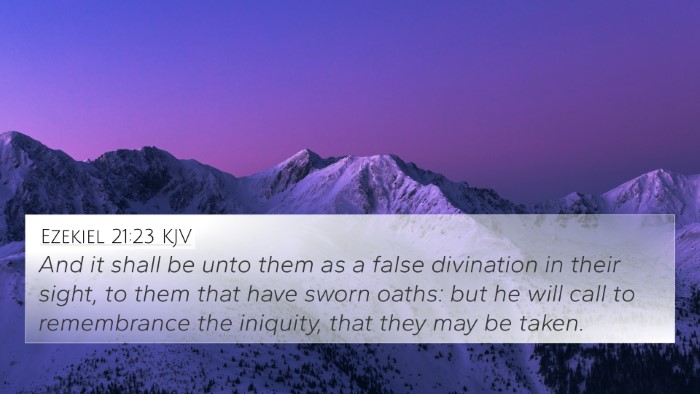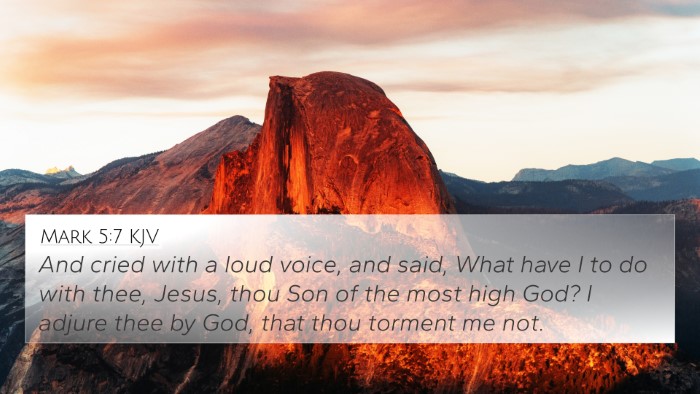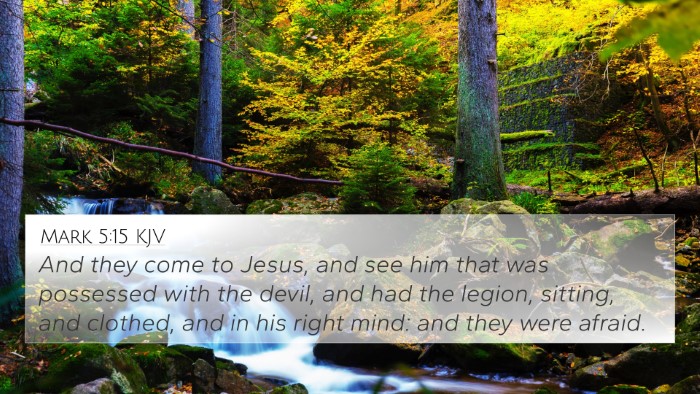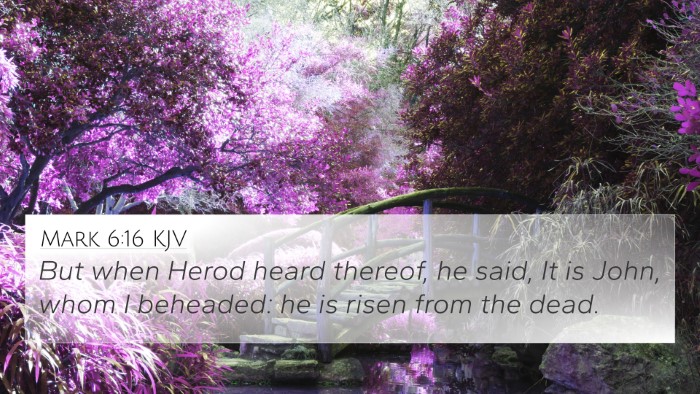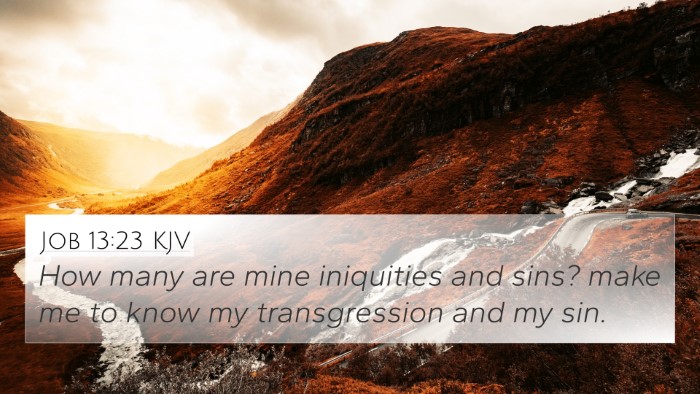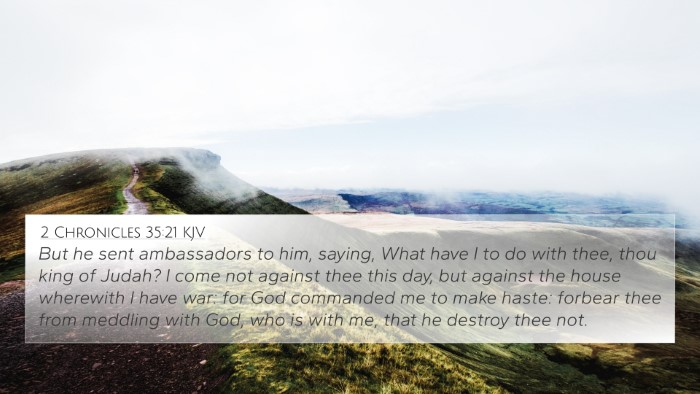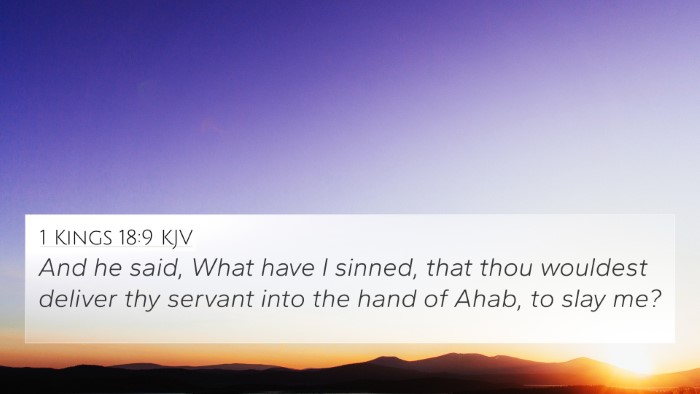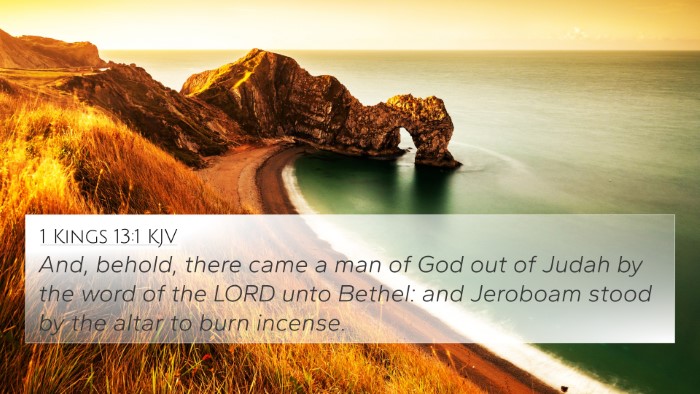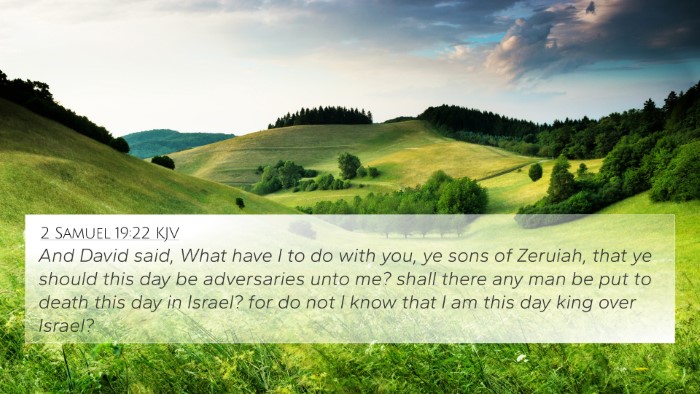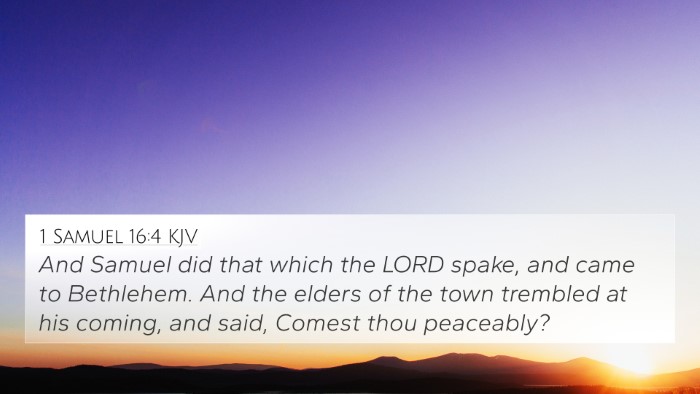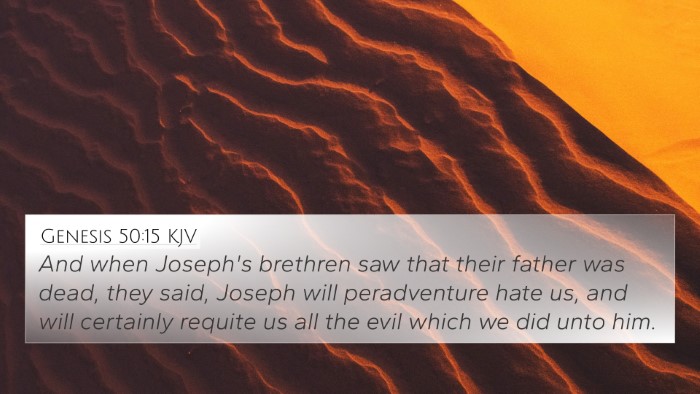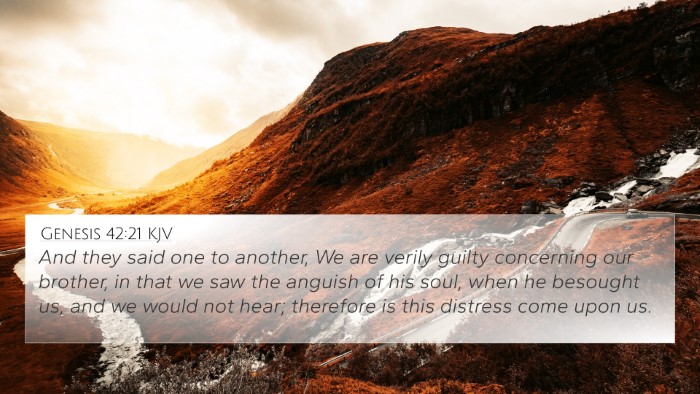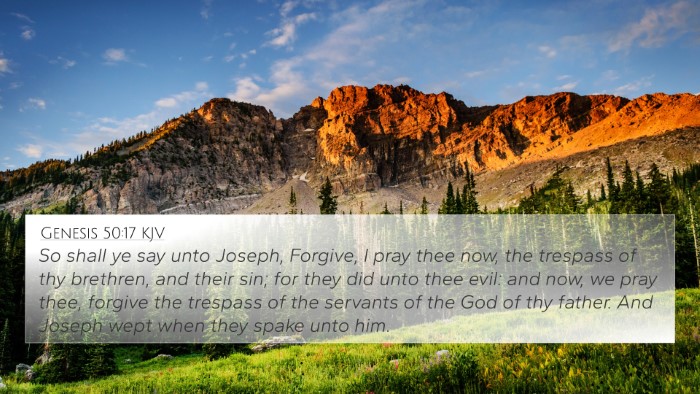Understanding 1 Kings 17:18
The verse 1 Kings 17:18 recounts a significant moment in the life of the prophet Elijah. In this passage, the widow of Zarephath confronts Elijah, expressing profound disappointment and anguish over the death of her son. This moment encapsulates themes of faith, the struggle with despair, and the miraculous interventions of God. The insights gathered from prominent public domain commentaries provide a deeper understanding of the spiritual and theological implications of this verse.
Verse Text
"And she said unto Elijah, What have I to do with thee, O thou man of God? art thou come unto me to call my sin to remembrance, and to slay my son?" - 1 Kings 17:18 (KJV)
Context and Overview
This verse is situated within the broader narrative of Elijah's ministry during a time of great apostasy in Israel. The widow, who had previously shown hospitality to Elijah during a drought, now faces the unthinkable loss of her child. Her question highlights her internal struggle, as she connects her misfortunes to her past sins.
Key Themes:
- Faith vs. Despair: The widow's response illustrates the tension between faith in God's provision and the despair brought on by personal tragedy.
- Divine Judgement: The widow’s connection of her son’s death to her sins indicates the belief in divine retribution, a common theological understanding in the Old Testament.
- Prophetic Intercession: Elijah’s role as a prophet showcases how God communicates and acts through individuals to achieve His purposes.
Commentary Insights
Matthew Henry's Commentary
According to Matthew Henry, the widow's grief is not merely personal; it represents a larger spiritual struggle faced by many. Her reaction encapsulates a moment of doubt that arises in the face of calamity. Henry draws attention to the significance of her lament, pointing out that it epitomizes the greater human condition of questioning God's motives in times of suffering.
Albert Barnes' Commentary
Albert Barnes emphasizes the implications of the widow's words as indicative of her understanding of sin and Divine Justice. He suggests that her regret over her past sins intensifies her grief, illustrating a connection between human frailty and the need for redemption. Barnes illustrates the necessity of Elijah’s next actions, as they provide hope amidst despair.
Adam Clarke's Commentary
Adam Clarke points out that the widow's perception of Elijah as a man of God prompts her to examine her own conscience. He highlights that in distress, individuals often reflect on their relationship with God, which can compel one towards deeper faith or despair. Clarke also underscores the themes of maternal love and the depth of loss expressed by the widow in this poignant moment.
Cross References
To gain a deeper understanding of 1 Kings 17:18, several cross-references can be considered:
- 1 Kings 17:14 - This verse connects to the provision of the widow and illustrates God's miraculous sustenance during a time of need.
- Luke 7:12-15 - The account of Jesus raising the widow’s son at Nain draws parallels to Elijah’s miraculous intervention.
- James 5:17-18 - This passage discusses the power of prayer and its connection to Elijah's ministry, highlighting the prophetic role.
- 2 Kings 4:1-37 - The story of Elisha and the Shunammite woman echoes similar themes of resurrection and divine intervention.
- Romans 8:28 - This verse reassures believers of God’s ultimate plan, even amidst suffering, relating to the widow's plight.
- Matthew 14:14 - Jesus’ compassion in the face of human sorrow is a reminder of divine presence and intervention in times of crisis.
- Psalm 30:5 - This verse reflects the transition from mourning to joy, paralleling the themes of suffering and redemption.
Thematic Connections
The theme of suffering in 1 Kings 17:18 connects to various Biblical texts, illustrating a consistent narrative throughout Scripture. The struggle of faith amidst despair is a recurring motif, found in both Old and New Testaments.
Inter-Biblical Dialogue
The connections between this verse and others, such as the healing miracles of Jesus and the prophecies of the Old Testament, show a continuity of God’s revelation and His compassion towards humanity. The cross-referencing of these Biblical texts serves as a profound tool for understanding the overarching story of redemption that flows through Scripture.
Conclusion
In conclusion, 1 Kings 17:18 encapsulates profound themes of human despair, faith, and divine intervention. The widow's lament, coupled with Elijah's prophetic role, invites readers to explore the complexities of faith in the face of tragedy. The insights from biblical commentaries, alongside the cross-references provided, form a rich tapestry of understanding that encourages a deepened exploration of Scripture. By engaging with these connections, believers are equipped to face their struggles with faith, grounded in the knowledge of God's faithfulness.
